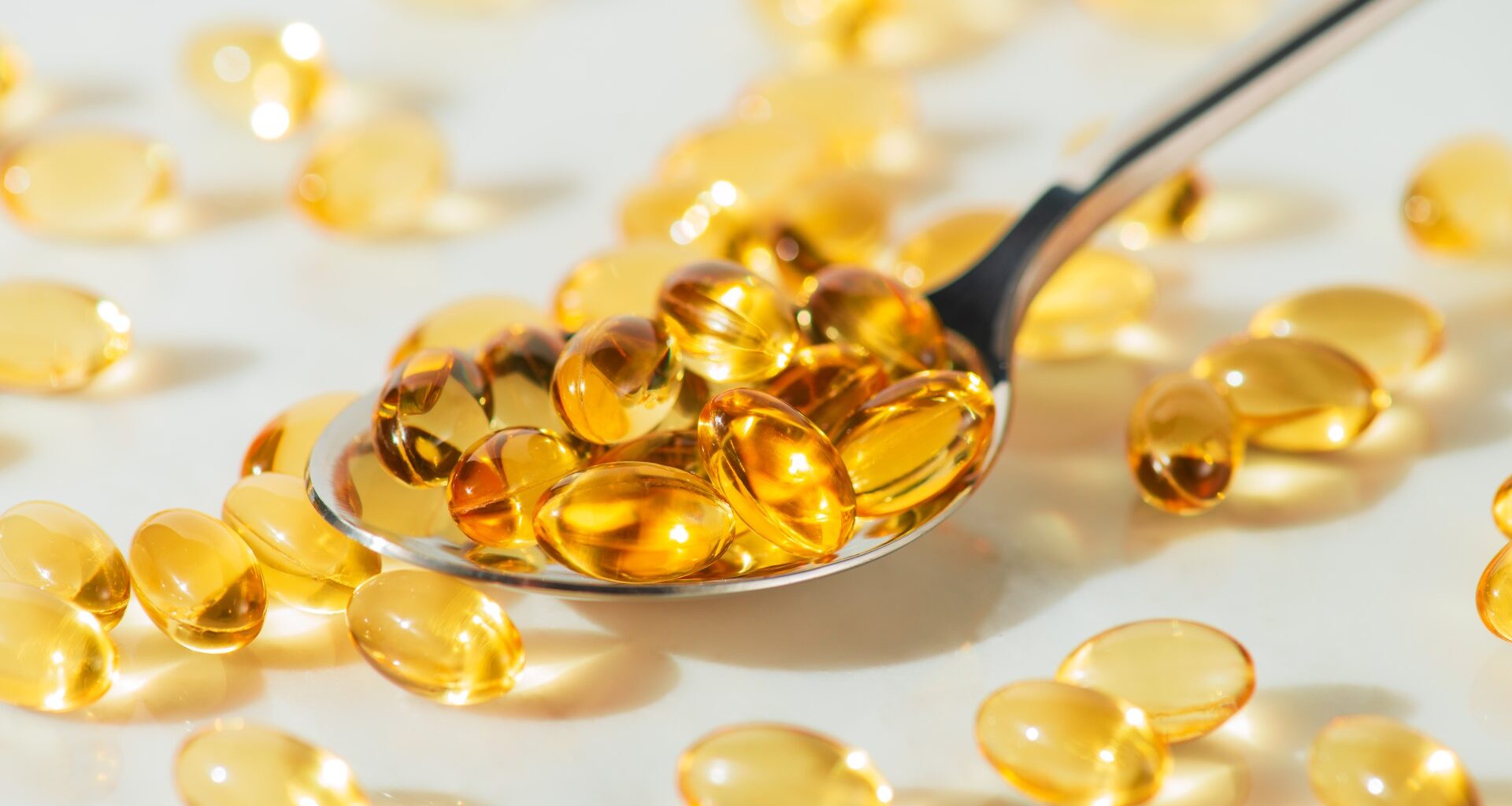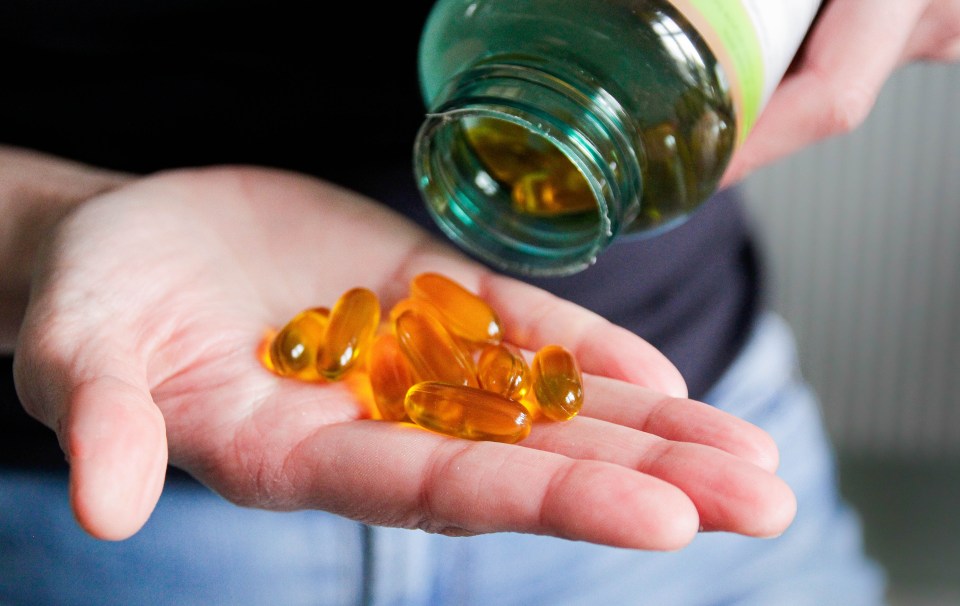A CHEAP and easy-to-find supplement could slow ageing by three years, scientists say
Experts already urge Brits to take vitamin D from October to March, when sunlight is too weak for the body to produce enough naturally.
1
The common supplement could counter three-years worth of ageingCredit: Getty
Vitamin D regulates levels of calcium and phosphate, essential nutrients for healthy bones, teeth, and muscles.
Now, scientists suggest taking the supplement daily for four years could slow ageing by helping preserve protective DNA caps, known as telomeres, which shrink as we get older.
Shorter telomeres have been linked to ageing, as well as inflammation, which is associated with autoimmune diseases as well as cancer.
But don’t rush out to buy supplements just yet.
The findings need to be confirmed with additional research, the US scientists from Brigham and Women’s Hospital and Harvard Medical School, said.
“Dietary supplements will never be a substitute for healthy diet and healthy lifestyle, and we’ve made it very clear time and again that the focus should be on the diet and lifestyle rather than on supplementation,” Dr JoAnn Manson, a co-author of the study, said.
“However, targeted supplementation for people who have higher levels of inflammation or a higher risk of chronic diseases clearly related to inflammation, those high-risk groups may benefit from targeted vitamin D supplementation,” she told The Washington Post.
The study, published in The American Journal of Clinical Nutrition, analysed data from 900 US adults over 50, who took part in the ongoing VITAL trial.
Some were given 2,000 IUs of vitamin D3, others 1g of omega-3 fish oil a day, or a placebo, for four years.
Scientists then measured the length of telomeres in the blood at the start, and again after two and four years.
Top 5 Vitamins for Beautiful Hair
Previous studies observed a link between vitamin D and longer telomeres, but couldn’t prove the vitamin caused the effect.
This latest trial was randomised, double-blind and placebo-controlled – the gold standard of clinical research – making the findings more robust.
Those taking vitamin D3 saw significantly less telomere shrinkage than those who didn’t, equivalent to a three-year slowdown in ageing.
How can I boost my vitamin D levels?
Government-funded research has found that more than one in 10 adults in the UK are lacking in the sunshine vitamin.
You can derive a certain amount of vitamin D from your diet, through foods like:
- Oily fish – such as salmon, sardines, herring and mackerel
- Red meat
- Liver (avoid liver if you are pregnant)
- Egg yolks
- Fortified foods – such as some fat spreads and breakfast cereals
It’s recommended that children aged one and above and adults take a supplement with 10 micrograms of vitamin D a day during autumn and winter.
You can get a box of Ultra Vitamin D 2000 IU Extra Strength (96 tablets) from Boots for just 9p a tablet.
You’ll find similar prices at Holland & Barrett and Morrisons too.
What are the symptoms of vitamin D deficiency?
MOST people with vitamin D deficiency don’t notice any symptoms.
Others may notice vague symptoms that may be signs of any number of conditions.
Possible symptoms include:
- Muscle pain
- Bone pain
- Increased sensitivity to pain
- A tingly, “pins-and-needles” sensation in the hands or feet
- Muscle weakness in body parts near the trunk of the body, such as the upper arms or thighs
- Waddling while walking, due to muscle weakness in the hips or legs
- A history of broken bones
- Muscle twitches or tremors
- Muscle spasms
- Bowed legs (when the deficiency is severe)
Who is at risk of deficiency?
People who don’t have adequate levels of vitamin D may be deficient for any of these reasons:
- Not enough exposure to sunlight
- Darker skin pigment
- Malnutrition
- Kidney or liver failure, which prevents the body from adequately processing vitamin D
- Certain medications
- Certain types of cancer, such as lymphoma
- A family history of vitamin D deficiency or childhood rickets
Source: Yale Medicine

